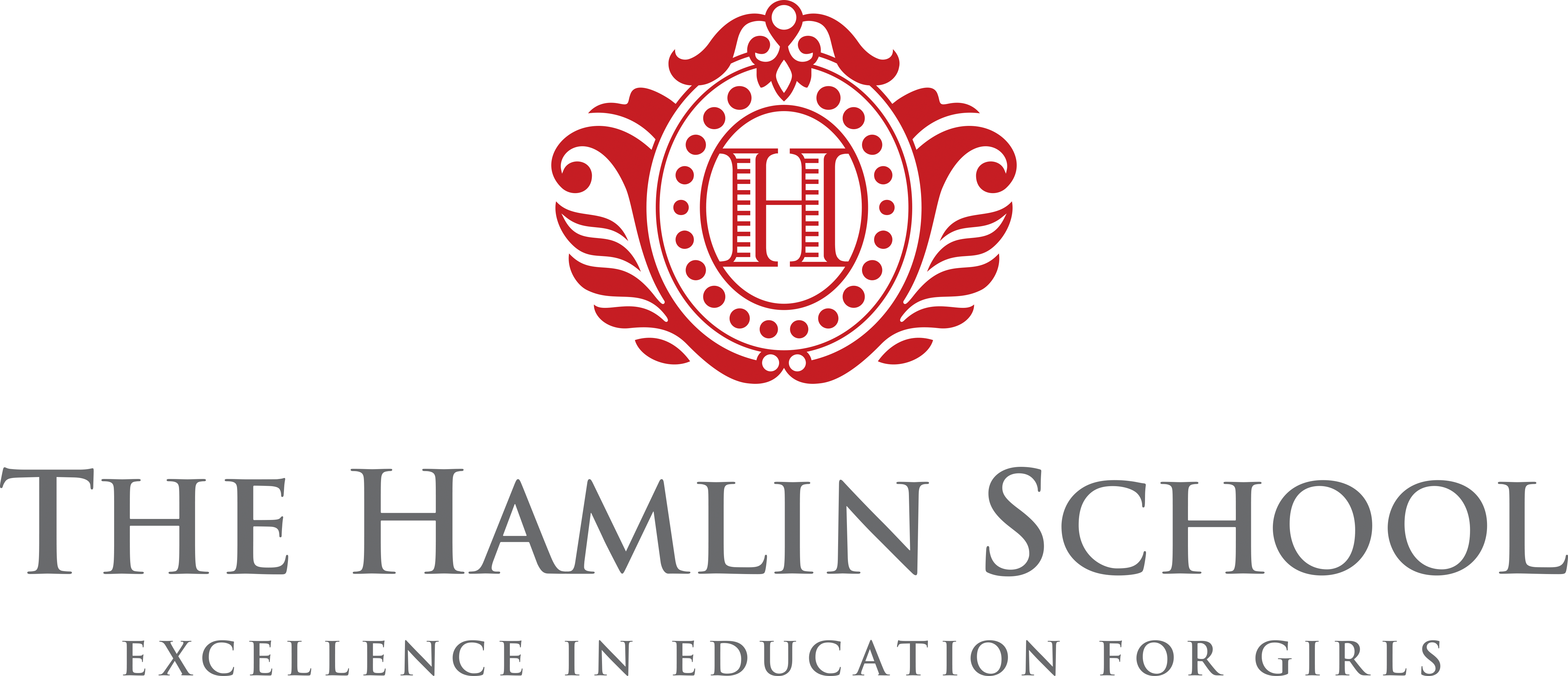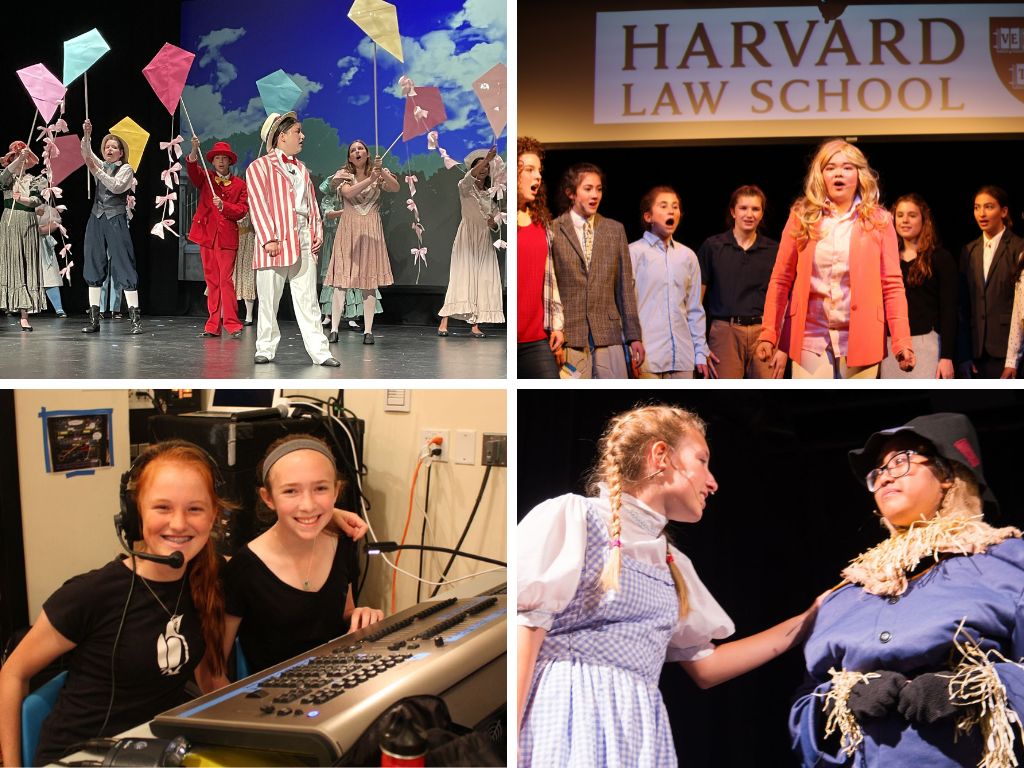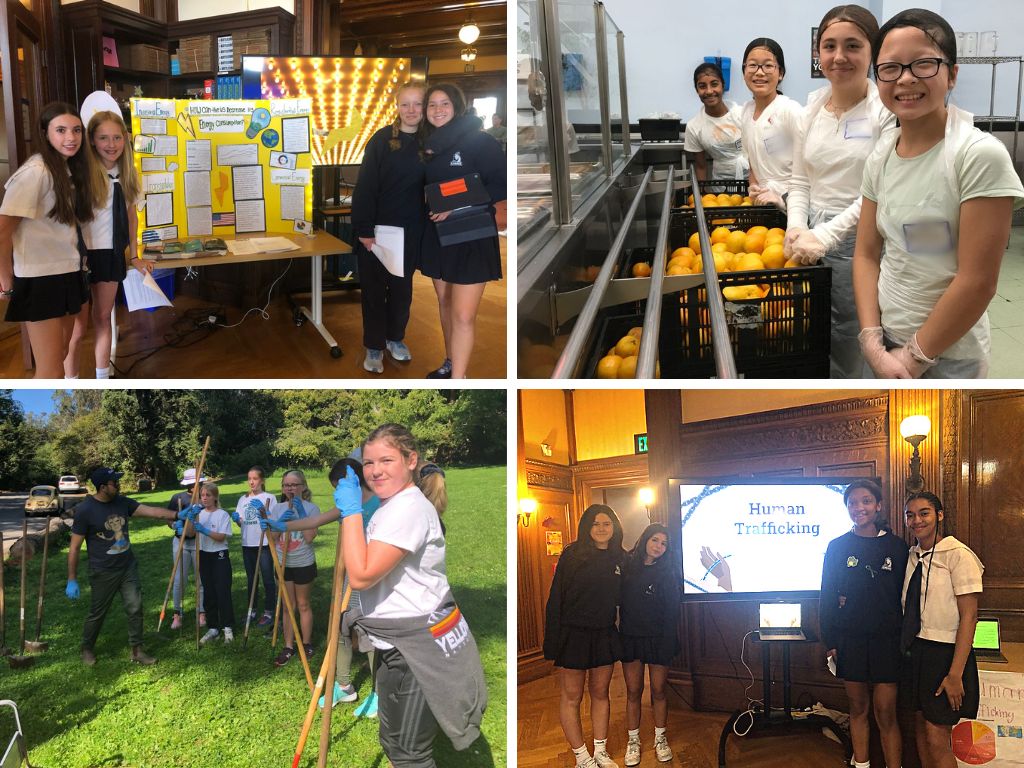A student solves a coding challenge from Compute It.
K-8 Computer Science
Rather than focusing on a particular programming language or type of robot, our Computer Science program emphasizes the importance of thinking, both logically and critically.
With scheduled classes in Grades 2-8, we introduce coding and robotics, as well as other Computer Science concepts starting in Kindergarten. We start with block-based programming languages as an effective way to teach basic programming concepts such as sequence, loops, conditionals, variables, and functions, then gradually switch to a text-based format where students can begin to learn the importance of syntax. We also use a variety of physical computing devices to provide hands-on experiences in coding.
Computer Science Scope & Sequence

Kindergarten

Grade 1

Grade 2

Grade 3

Grade 4

Grade 5

Grade 6

Grade 7

Grade 8

Student Projects




















